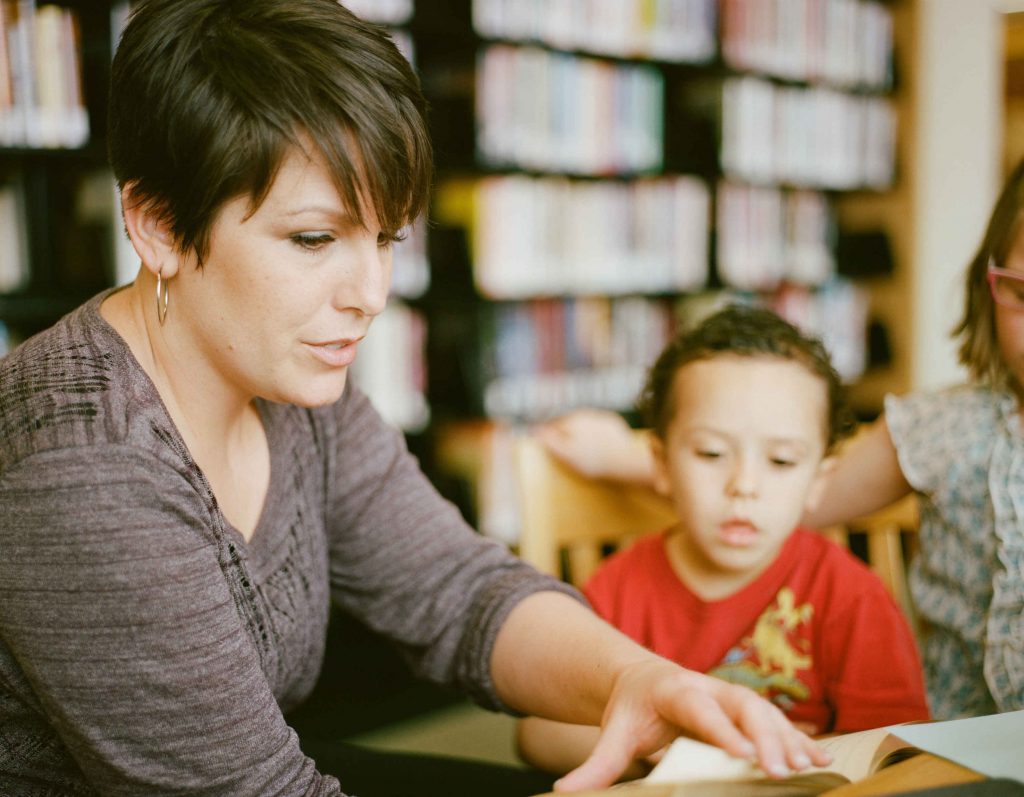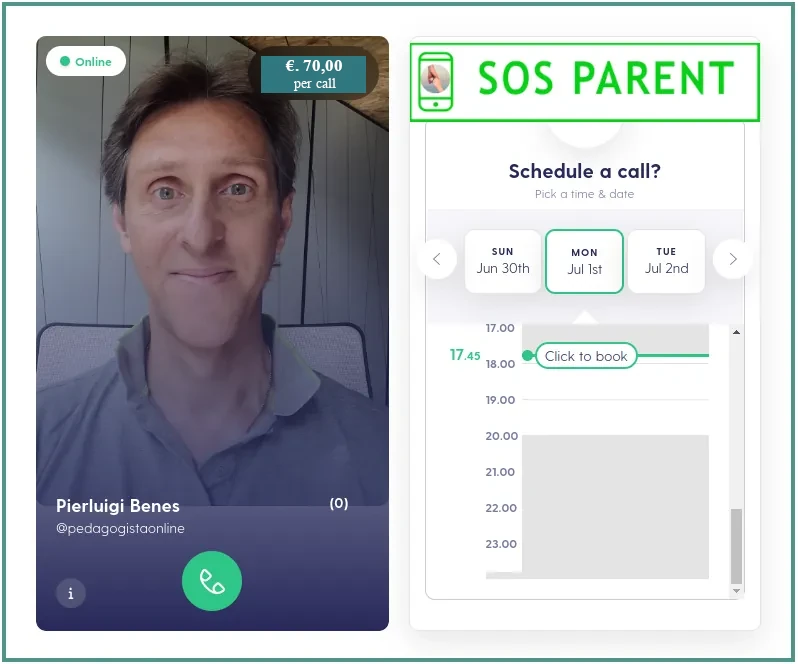If the figure and profession of a pedagogist are increasingly intriguing to people, there is still some confusion about the clinical pedagogist.
Many ask what a clinical pedagogist is and how they operate, so I will answer these questions to help you understand when to turn to this professional and what guarantees to seek to ensure they are qualified for the job.
1. Who is the clinical pedagogist
First and foremost, you need to know that regardless of the field of work or specialty of a pedagogist, in order to qualify as one, a professional must necessarily possess the academic qualifications required by law; otherwise, they would be engaging in an abuse of academic title.
That being said, a clinical pedagogist is a professional who holds the qualification of a pedagogist and operates according to the criteria of clinical pedagogy, generally acquired through a post-graduate specialization in clinical pedagogy.
Therefore, if you are referring to a clinical pedagogist, besides ensuring that they are qualified pedagogist, you can also ask if they possess a specific specialization; this way, you can ensure that you are being assisted by a professional with the appropriate qualifications and skills for the profession.
2. What does the clinical pedagogist do
Once the concept of pedagogy is clarified, it is possible to understand what clinical pedagogy is. First of all, we all know that the concept of “clinical” is quite clear.
For example, just think of the phrase “having a clinical eye” to understand that it denotes the ability of an expert to identify the singularities of a case through a close knowledge of a phenomenon. Starting from this very evocative image, let’s now say something more specific.
Piero Crispiani describes its outlines excellently in a masterful historical reconstruction of the profession; therefore, I refer to his words. Clinical pedagogy is the “empirical-hermeneutic science that observes, describes, and theorizes human development,” and it consists of two integrated processes:
– human development, composed of individual maturation and their interaction with the environment.
– education, which involves assisting in development through direct and indirect forms.
The attribute «clinical» is extremely widespread in both medical and other fields, such as pedagogical, educational, and training ones: for example, there are clinical medicine, clinical psychology, clinical sociology, clinical education, clinical pedagogy, and clinical training.
In pedagogy, there are many academics and professionals who have contributed to shaping the clinical approach in this field: R. Massa, F. Blezza, M. Corsi, P. Crispiani, and others.
According to M. Foucault’s reconstruction, “clinical” is a concept that represents a specific way of knowing reality; it is a method that presents very precise characteristics, containing these three elements:
– it is closely related to the object of study, empirical, derived from direct observation of a phenomenon.
– it is ecological, meaning it does not limit itself to observing only a part of a phenomenon or a person, but studies it in its entirety.
– it is individualized, studying the singularities of each case.
In essence, the clinical pedagogist is simply the professional who practices pedagogy in the field; they are pedagogists who develop their professional intervention in direct contact with the individual, designing and implementing a personalized intervention to aid their development through direct experience.
3. In which professional fields does the clinical pedagogist operate
There is no need to repeat what I have already explained in another post about pedagogy; therefore, I will now simply put the pieces together and explain that the clinical pedagogist operates like any pedagogist in the areas I have mentioned. The only difference is that they function as a clinician when their intervention follows the three criteria mentioned above.
Therefore, when faced with the distress of an individual (for example, a child with learning disabilities, a hyperactive child, a defiant teenager, a couple in crisis, etc.), the pedagogist acts as a clinician to observe and describe the unique characteristics of that person’s problem, always considering them in their entirety (not just the person’s problem, but all areas of their development, including the specifics of their life context). The goal is to design and implement a personalized intervention that promotes the overcoming of the problem and personal growth.







